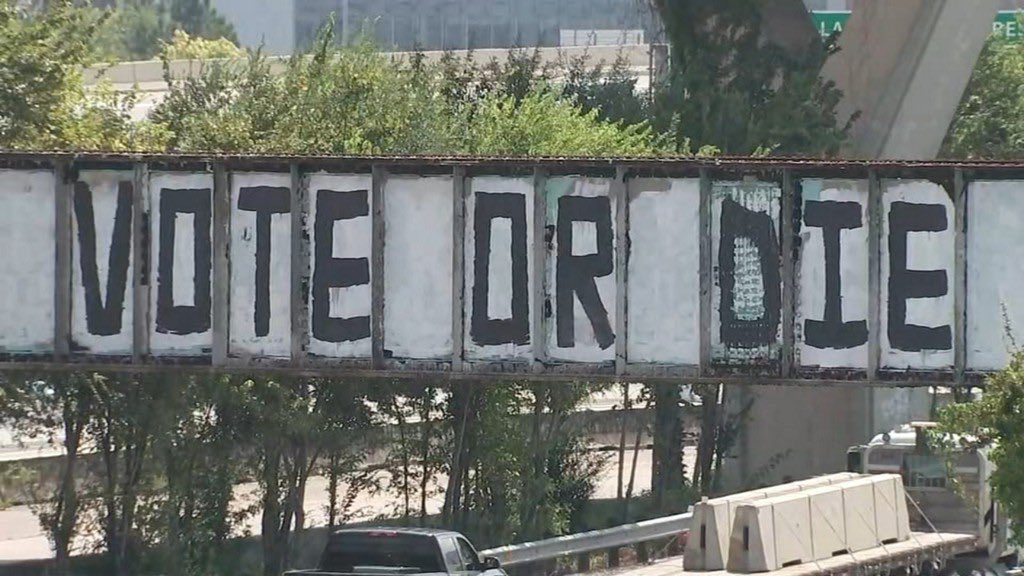And by “We” I mean “Republicans”.
In five states controlled by Republican governors and legislatures, new policies allow all voters to use COVID-19 as an excuse to mail in their ballots. In Iowa, the Republican secretary of state sent absentee ballot applications for the November election to every active, registered voter. And in Mississippi, one of the few states not offering universal absentee voting this year, Republican state leaders extended the deadline to receive mail ballots.
Republican lawmakers across the country, including those in battleground states with tight Senate races, have lifted restrictions and defied President Donald Trump’s unfounded warnings of mail-in voter fraud by expanding the practice, in an attempt to prevent the coronavirus from spreading at polling sites.
And then there is Texas, one of five states where voters cannot use fear of COVID-19 to vote by mail, one of 10 without widespread online voter registration and one of two without either option. Top Republicans, including Gov. Greg Abbott and Attorney General Ken Paxton, have made a series of moves they say are necessary to protect election integrity — but that also make it harder for Texans to cast ballots.
Democrats have condemned the actions as thinly veiled attempts at voter suppression designed to prevent them from winning control of the Texas House and delivering the state’s 38 electoral college votes to their presidential nominee, Joe Biden.
Republicans wave off those assertions, noting the expanded voting policies sought by Democrats were not implemented in prior election cycles. And they point to Abbott’s decisions to add a week of in-person early voting and let voters drop off mail ballots before Election Day — though the governor later undercut the latter move by limiting each county to one drop-off site, forcing Harris County to close 11 and prompting accusations of voter suppression from Democrats and lawsuits from civil rights groups.
“There’s no question that the intent behind these moves is to cause there to be fewer Democrats voting,” said Joseph Fishkin, an elections expert at the University of Texas School of Law. “You want to call that voter suppression, I think that’s not unreasonable.”
I’m not sure what else you’d call it if the intent is indeed to make it harder to vote, but whatever. I’ve hit on these themes before, and I’ll repeat them here, because there are two basic facts we have to keep in mind. One is that if the Republicans felt confident that they were the majority, they would not feel the need to compulsively push to restrict the vote. It’s not just the things we’ve seen this year, it’s the resistance to online voter registration, it’s everything about the voter ID law, it’s the fanatical insistence that vote fraud – exclusively by people who don’t vote for them, of course – is rampant, and so on and so forth. They fear that if it were easy and convenient to vote, they’d lose. Donald Trump says it out loud, but their actions have been saying it just as loudly for much longer.
And two, the only way out of this is through it. That means overcoming all the obstacles and winning enough elections to be able to pass laws that will reform and repeal these laws. The courts won’t save us – indeed, considering the Fifth Circuit and SCOTUS, the courts will be another obstacle to overcome. It’s not just this year – we cannot begin to make real progress until we win statewide elections, and that means making an even bigger push in 2022. It’s not just about winning the elections, too – it’s about putting pressure on the leaders we elect to enact the reforms we demand and deserve. This is a long haul, and there will be setbacks along the way. But it is the way, and there’s no going around it. Remember this, and use it to push for the changes we need.

